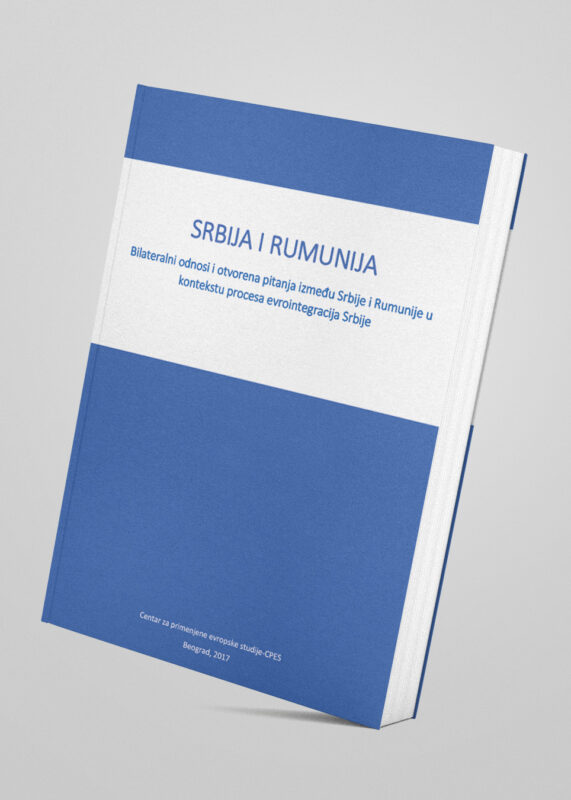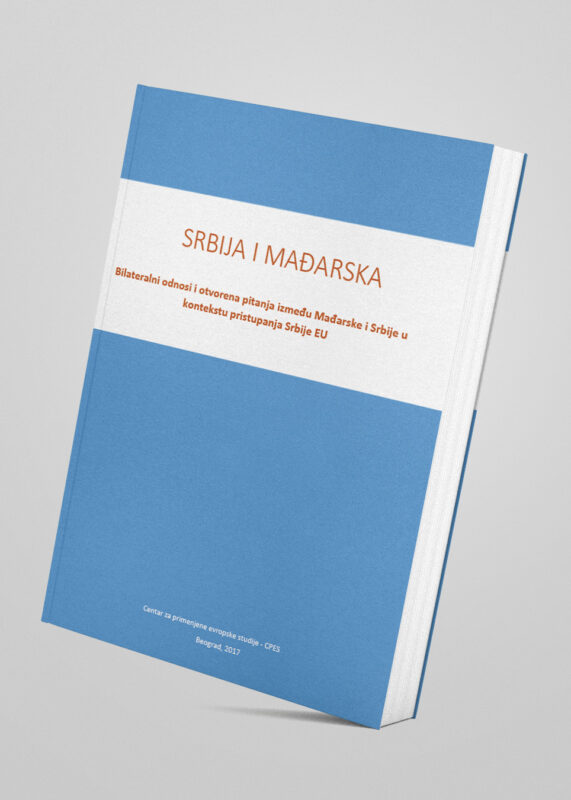Relations Between Serbia and Bosnia and Herzegovina
A roundtable on relations between Serbia and Bosnia and Herzegovina was held in Belgrade on March 27, 2019. The participants discussed a number of open questions that burden relations between the two countries. In terms of their status, these issues differ significantly: the first group covers the fundamental (dis)consents on the legal constitution of B&H, the status of Republika Srpska, relations between the entities, (dis)functionality of the federal state, as well as the influence of Bosnia’s neighbors (Serbia and Croatia) on its stability. The second set of issues – the regulation of the interstate border, economic cooperation, construction of infrastructure, etc. – are more political in nature and depend on reaching an internal consensus on resolving systemic issues of the functioning and stability of B&H. As one of a guarantees of the Dayton Peace Agreement official Serbia emphasizes its support for the integrity of B&H and the maintenance of the constitutional arrangement contained in that agreement. But at the same time Serbia establishes “special connection” with Republika Srpska and its political leadership, which, referring to the Dayton Agreement, often expresses its desire for stronger autonomy, and occasionally makes certain secessionist threats.
Another problem that additionally complicates the full normalization of relations between B&H and Serbia is the political manipulation of history present in both countries, which politically instrumentalizes the memory of war, so the victims’ memorials often become an occasion for mobilization in electoral and other political games. Disputes about the (non)qualification of mass crimes as genocide are not a historical-theoretical issue, but more a practical-political one, and the justification for all present and future policies is being sought in the victimization of each of the conflicting parties. Avoiding the process of dealing with the past of both the state authorities and the societies of both countries makes it difficult to fully normalize mutual relations and it nurtures internal tensions in each of them.
A particular aspect discussed at the roundtable was the impact of the wider international framework and actors on the dynamics of the development of relations between Serbia and B&H – above all, the EU enlargement policy, Turkey’s influence as a regional power, and Russia’s role in the (de)stabilization of B&H.




